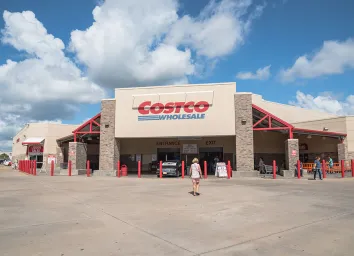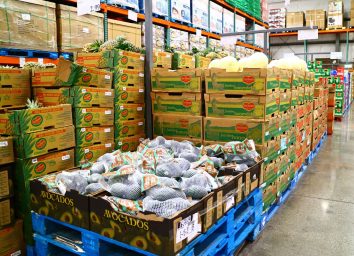The 10 Worst Foods to Buy in Bulk Right Now
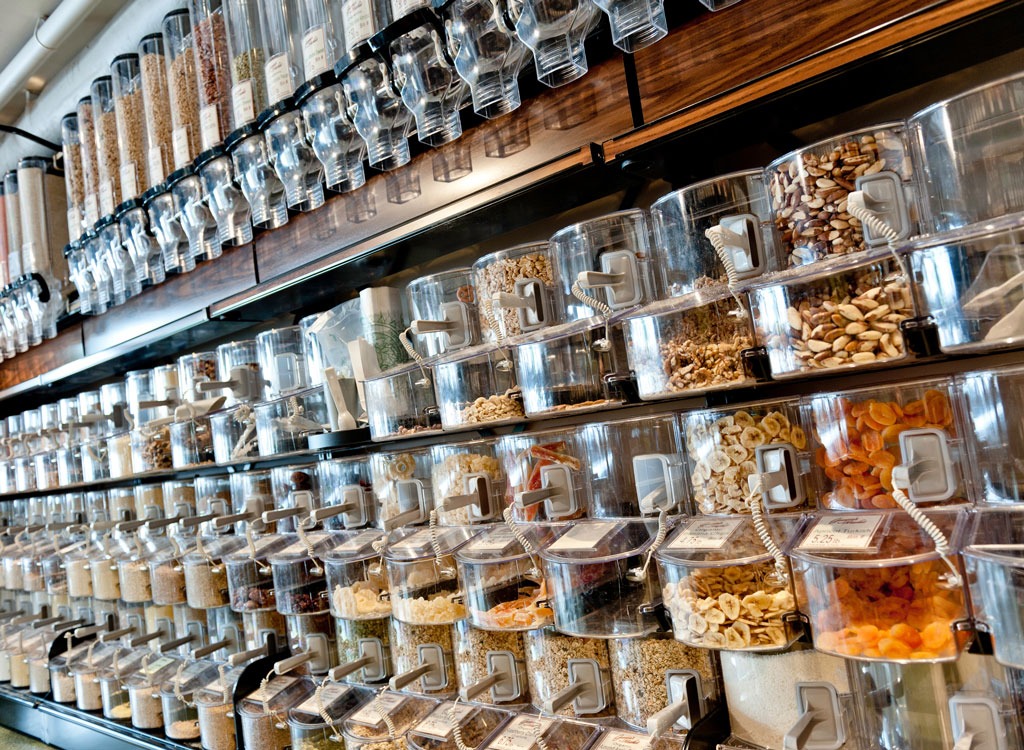
If your local grocery store still has its bulk food section open, take this as your warning. Even though bulk food sections do help as a way to produce less waste in your life, those bulk bins are one of the germiest places in the grocery store. Which yes, means it could be a breeding place for spreading sickness like the coronavirus. So maybe it’s time to rethink what you buy in bulk at the moment.
However, buying in bulk doesn’t just mean buying from those bulk bins. In fact, supermarkets like Costco and Walmart provide ways for people to buy all kinds of foods in bulk—like coffee, condiments, and produce. While it is helpful to stock up on those items at the moment, some of the foods that are the worst to buy in bulk are foods that tend to go bad quickly. Wherever you decide to shop, here are the foods you shouldn’t buy in bulk—both to avoid sickness and to avoid food spoilage down the line.
Plus, 16 celebs share how they make the perfect oatmeal. Some of these are quite shocking!
Nuts and Seeds
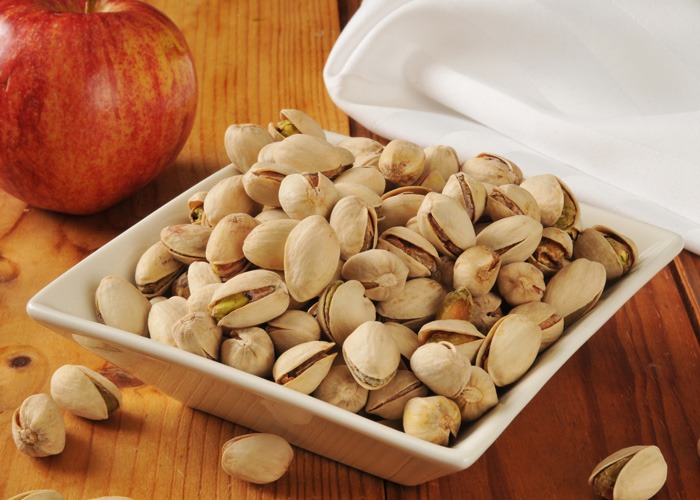
“Aw nuts,” is something you might say if you bought a boatload of seeds or nuts before reading this article. Both seeds and nuts contain a lot of oil, which comes from healthy unsaturated fats. The thing about fats, healthy or otherwise, is that they tend to go rancid rather quickly. You should, of course, store your seeds and nuts in an airtight container and keep them in a cool, dark spot but even then, they’ll only keep for a couple of months. If you’re stuck with a mountain of macadamias or a hefty bag of hazelnuts, put them in airtight containers and store them in the fridge or freezer. This may extend the protein-packed snack’s life to up to a year.
Flour
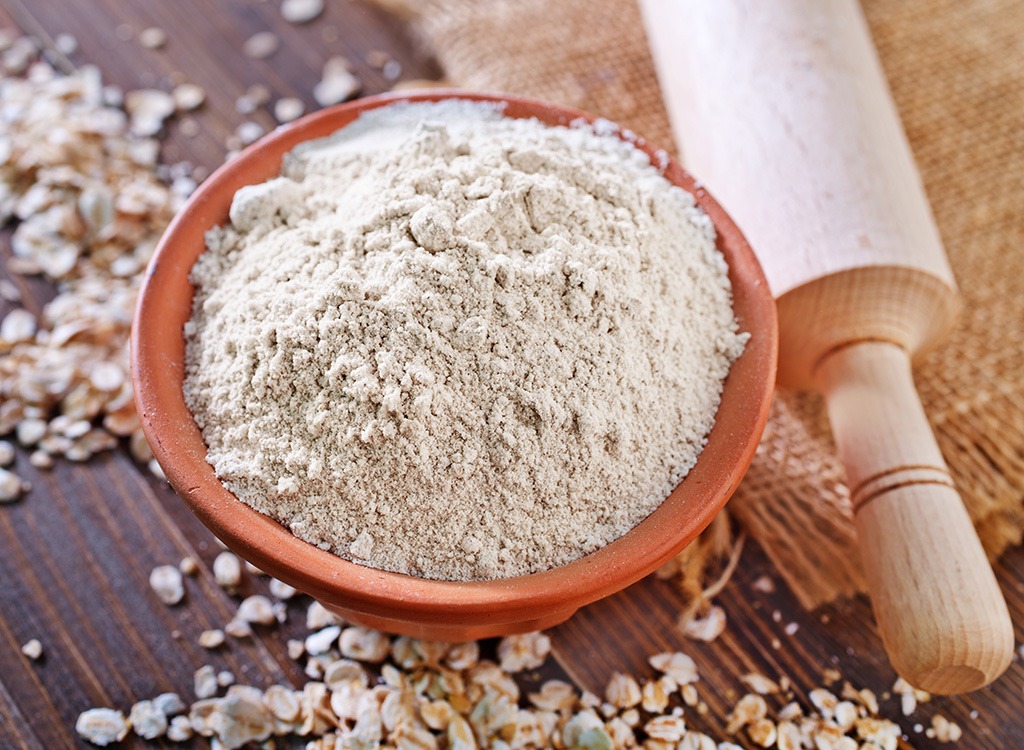
Flour, be it all-purpose, whole wheat, or another variety, attracts water. That’s why it’s so effective at thickening soups, stews, and sauces. The thing is, the more time flour has to suck up moisture in the air, the closer it is to turning rancid. This is one area in which white, all-purpose flour is a better option than a whole-grain or nut flour. It can keep for up to a year, while the others only last a couple of months before they begin to turn nasty. As above, you can extend the life of flour by putting it in your fridge, but if you keep buying everything on this list in bulk, your icebox is going to get pretty crowded.
Spices
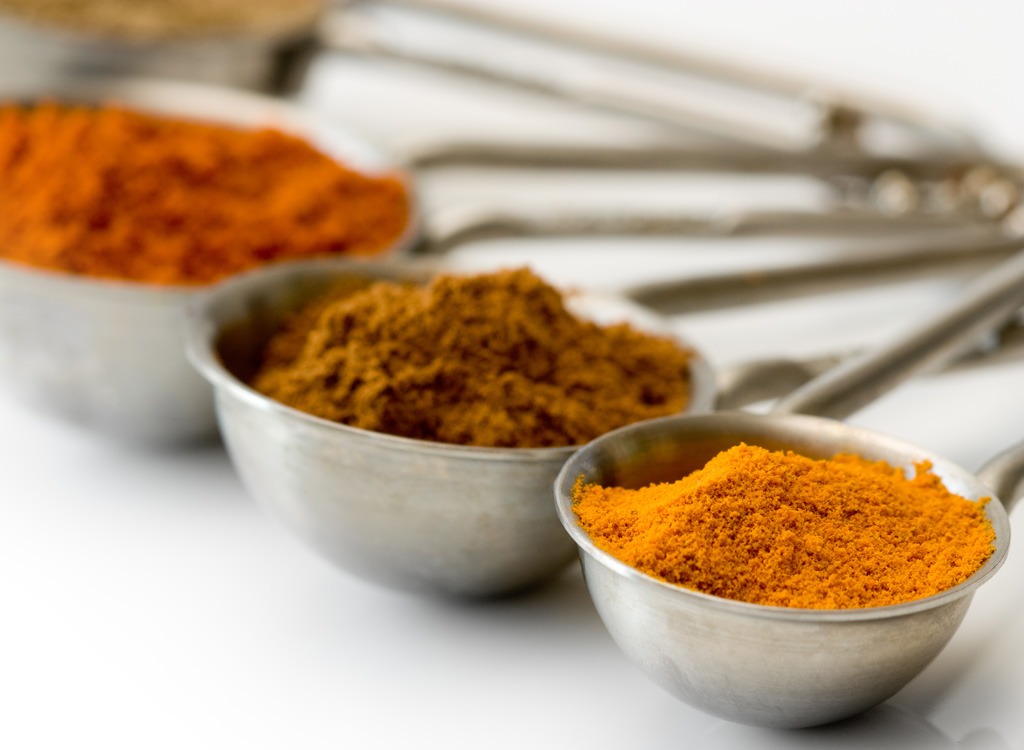
The good news is that spices don’t actually go bad. The bad news is that spices tend to go stale pretty quickly. The more refined a spice, the more rapidly it will begin to lose its flavor. Ground spices will start to lose their potency after just six months while spices purchased in a whole form—cumin seeds for example—have about a year before they begin to get dull. Those of us not competing in a chili cook-off generally use a pinch of spice here or a pinch there and the flavor of our dishes would be well served to buy only what we think we’ll use in a short period of time.
Condiments
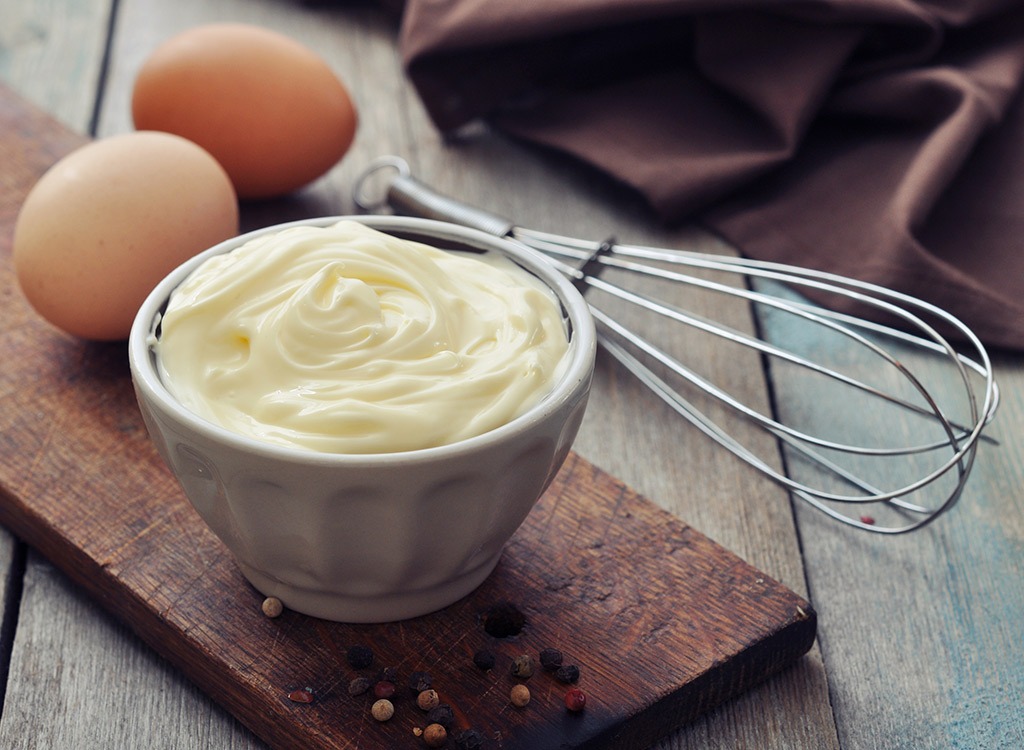
Loaded with preservatives, sugar, and salt, you’d be forgiven for thinking that giant bottles of ketchup and mayonnaise could be passed down from generation to generation in an edible state, but you’d be wrong. Ketchup, mayo, BBQ sauce, and the like may be shelf-stable but, like the rest of us, they are slowly dying. Family finance and frugal living expert Jordan Page advises you forgo buying an economy-sized vat of ketchup. “It almost always will go bad before you can go through it,” she says.
Coffee

Real coffee aficionados will buy a small bag of roasted beans rather than a giant sack. Why? Because the freshest, best tasting cup of coffee is made from beans that have been roasted within two weeks of the cup being brought to your lips. If you value what your coffee tastes like, you’re best off doing two things: choose a bag that contains as much coffee as you could get through in a week or two and avoid those giant barrels or bins of coffee altogether as we simply don’t know how long the coffee’s aroma and flavor have been sucked out of the beans and into the surrounding air.
Produce
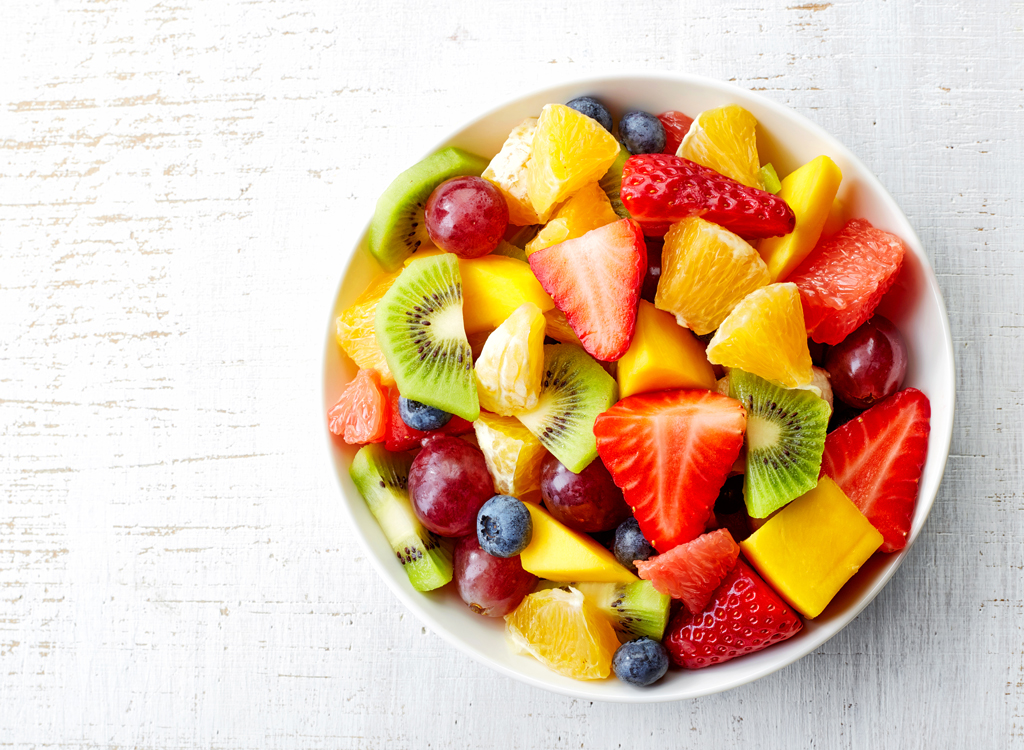
In-season and local produce can be offered at discount prices, but don’t be fooled into thinking that buying a truckload of watermelons is the way to keeping your body and your bank balance in a healthy state. It’s more likely that you’re thriftiness benefits no one other than the supermarket chain and your local fruit fly population. Some overripe fruit can actually be useful. Bananas that are past their prime, for example, are excellent for making banana bread or tossing into smoothies. For the most part, a bowl of ripe, bruised, or even rotting fruit is a reminder that our best frugal intentions can sometimes lead to waste.
Baking Powder and Yeast
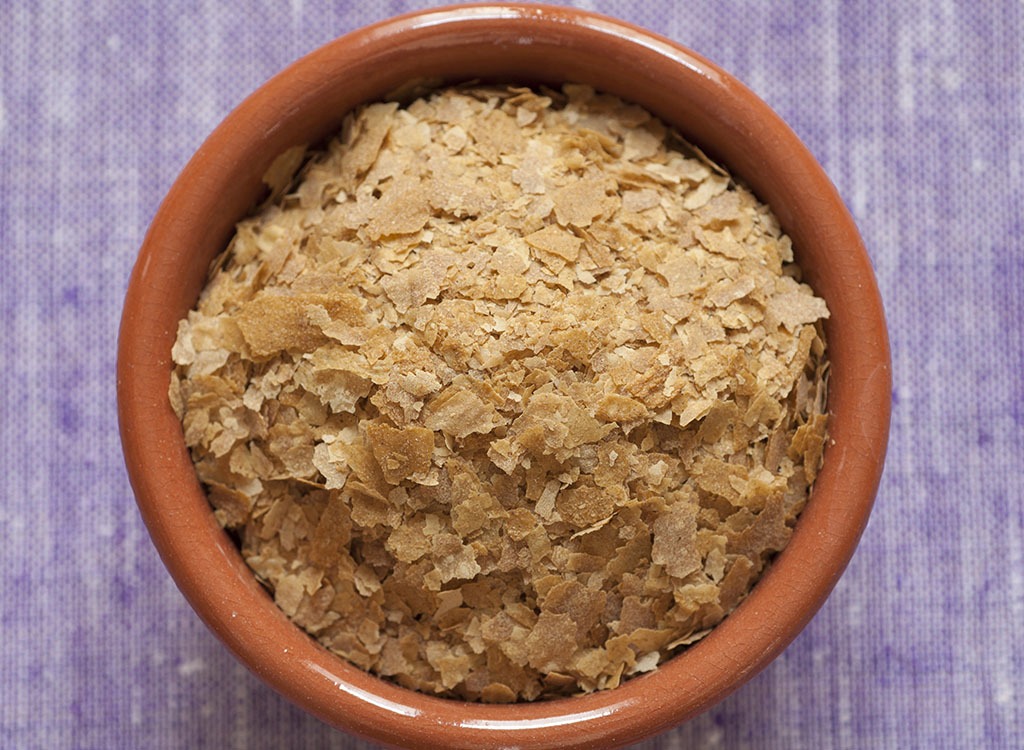
You could waste a lot of bread in the act of baking a lot of bread. That’s because leavening agents like baking powder and yeast have a relatively short lifespan—making purchasing them in large quantities a, ahem, waste of dough. While baking soda can last for a long time, baking powder is prone to attracting moisture. That means that it can only stay fresh and active for about six months to a year when stored in a cool, dry place. Dried yeast may still do the trick after six months, but the fresh variety will lose its mojo months sooner. Store fresh yeast in the fridge and dry yeast in the freezer for maximum shelf life.
Canned Foods
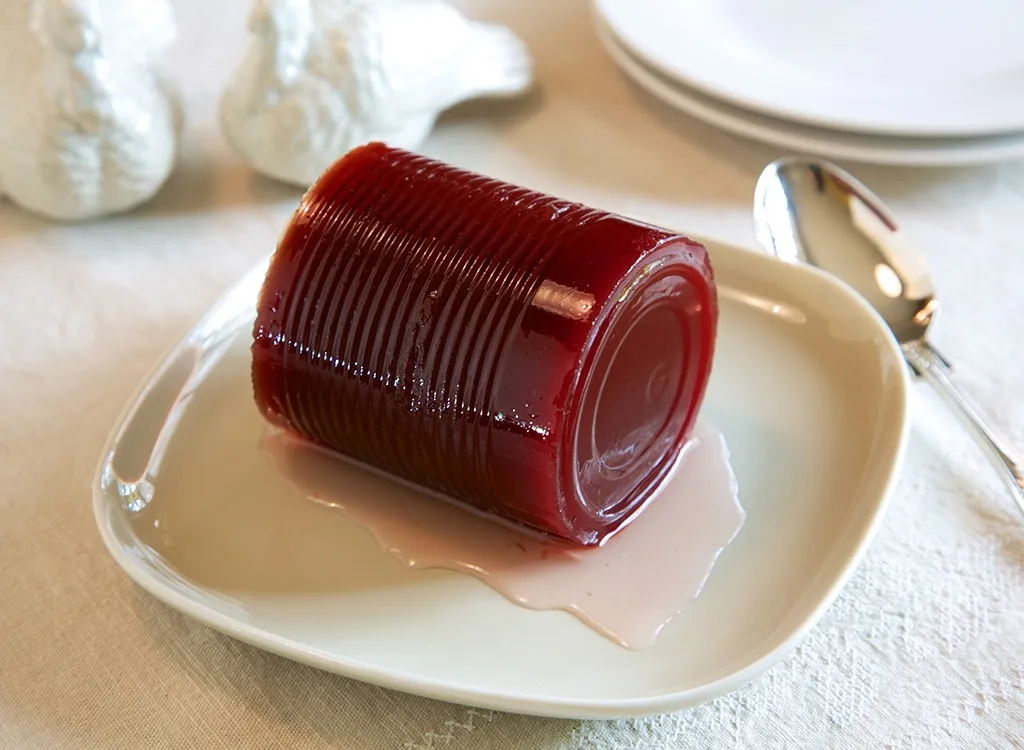
Contents with lower nutrients and higher sodium make us not the biggest fans of canned goods, especially ones in containers made with BPA, which is one of the worst things for your erection. While canned foods do, indeed, have a long life while unopened, they go south quickly once exposed to air. Despite the seemingly lesser cost per unit of canned goods, we advise that you avoid them whenever possible.
Oil
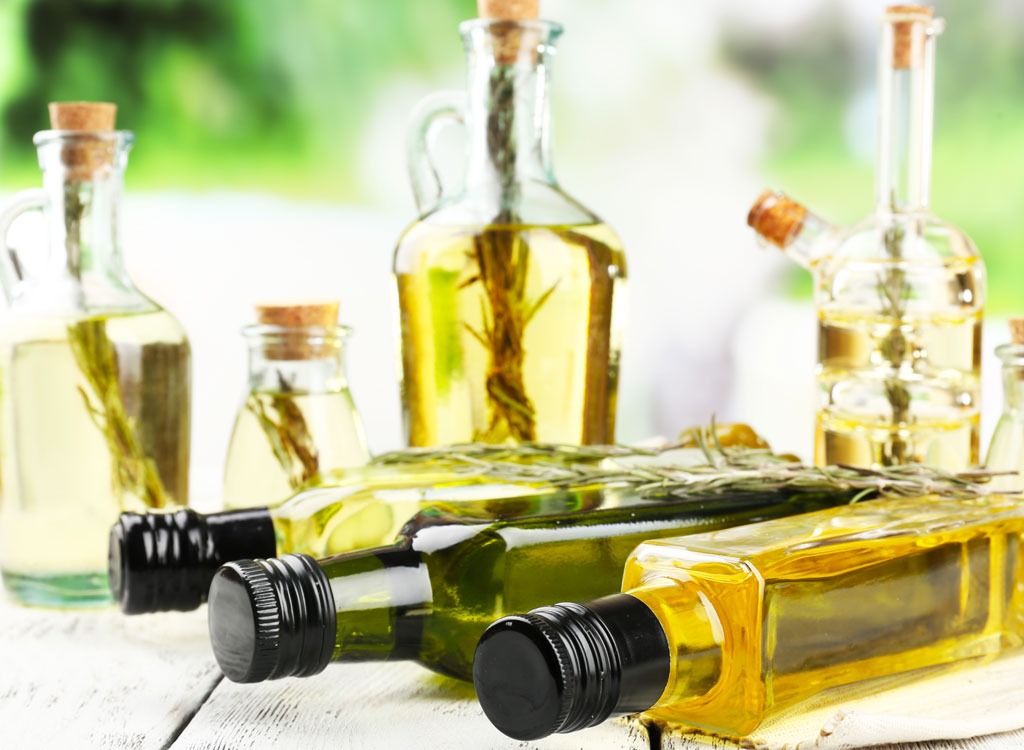
Four of the entries above talk about how it’s the healthy unsaturated fat oils that make the products that contain them go bad and, for that reason, are not always good candidates for bulk buying. That might lead you to think about the shelf life of oil itself and you’d be right to do so. Olive, sesame, canola, peanut, it makes no difference. Unless you are deep-frying everything in your kitchen (which you obviously should not), chances of using it all up before it starts to go rancid in 3 to 6 months are pretty slim.
Bread
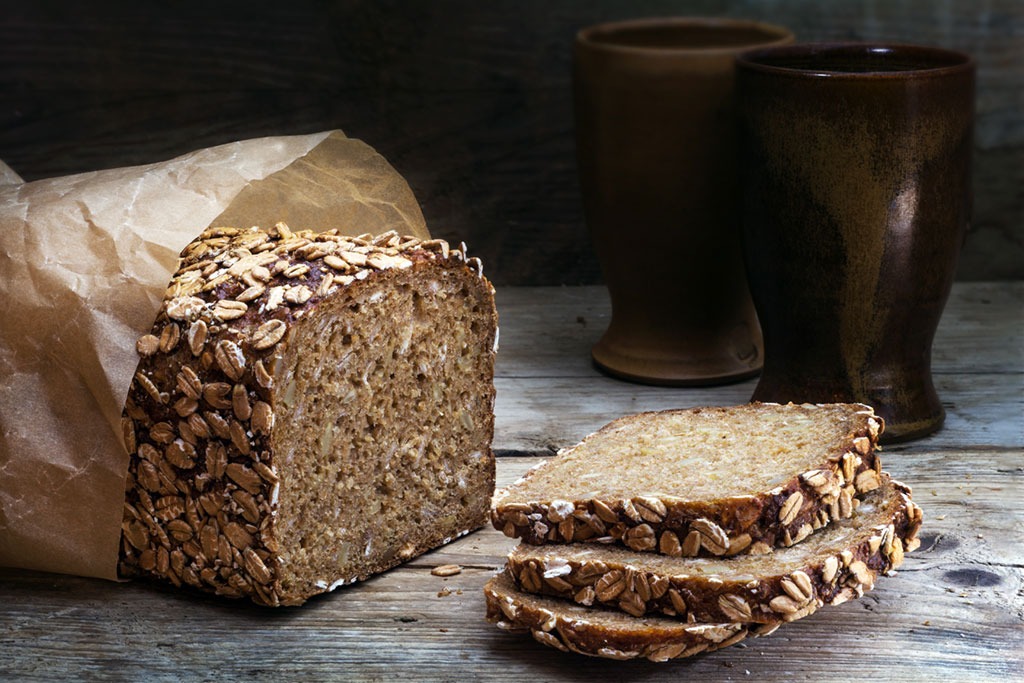
Exposure to air makes bread get rock hard. That’s why bakeries are willing to slash prices at the end of the day, and, of course, we can be persuaded into thinking that we’re getting a good deal. The fact is that unless we’re going to scarf a load of baguettes for dinner, our only option for keeping loaves edible is to freeze them and, really, who has the freezer space for that kind of frozen food?
Bonus: 4 Foods You Must Buy in Bulk
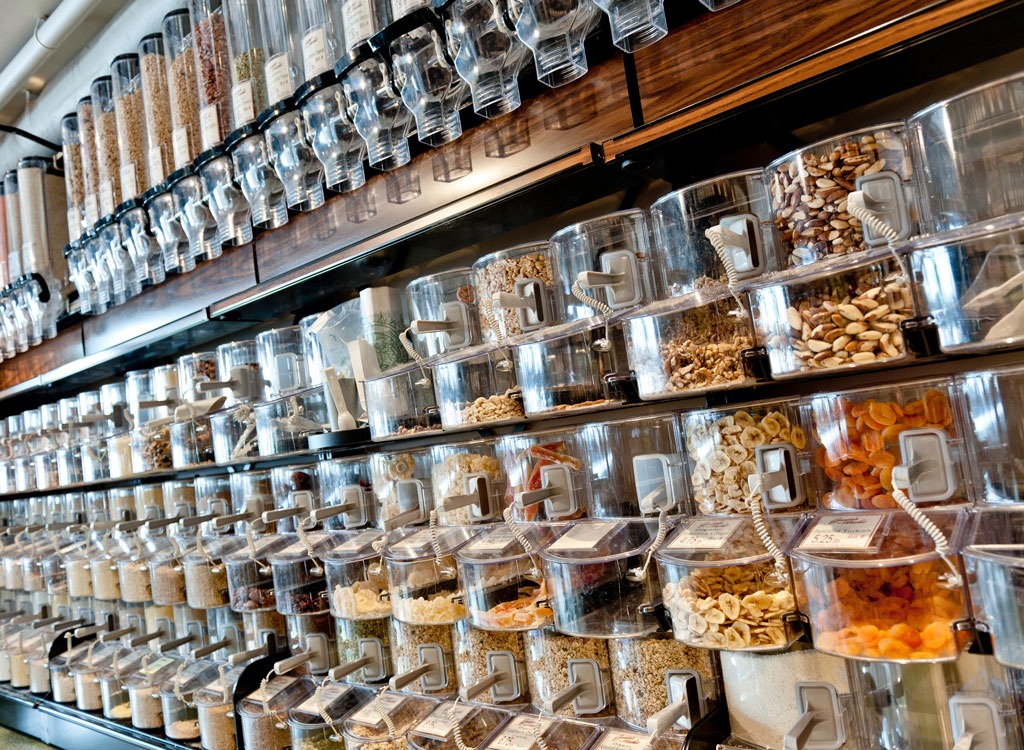
Stick to these healthy staples that you know you can’t get enough of and you’ll take the chore out of eating well and losing weight.
Berries
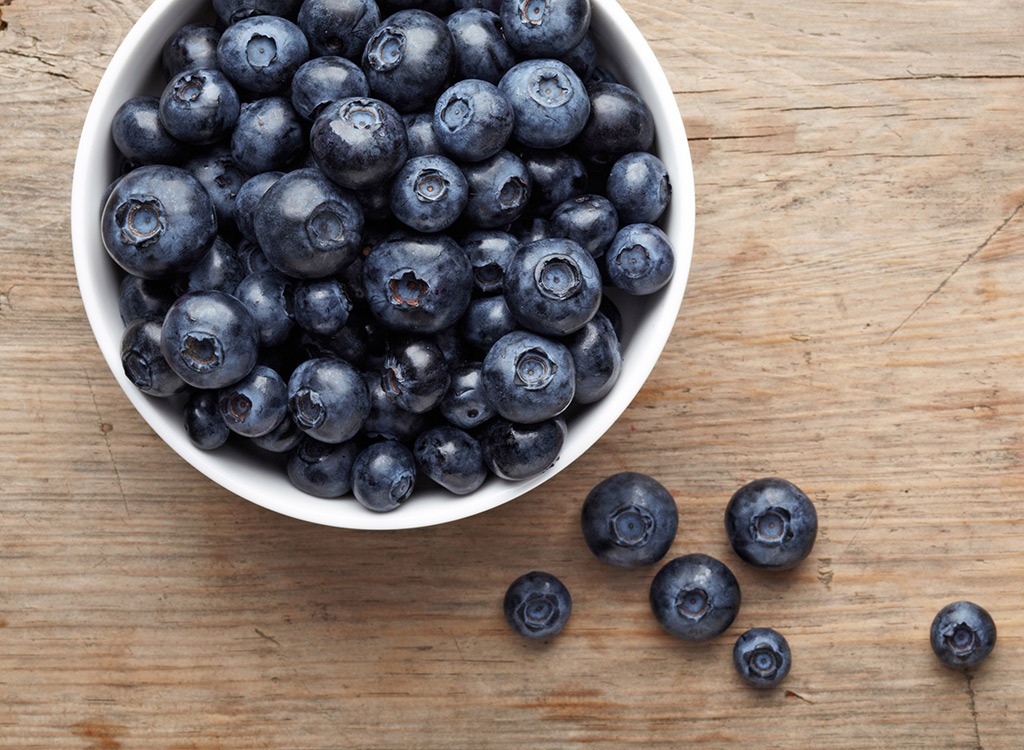
Anyone who has had a strawberry in winter knows firsthand that they taste best when they’re in season at their ripest, sweetest, and juiciest. And fresh berries are loaded with all sorts of health benefits. They’re packed with polyphenols, natural chemicals with powerful properties such as the ability to stop fat from forming. A University of Michigan study even showed that rats fed blueberry powder had less abdominal fat (after a 90-day period) than rats who went sans berries for the same amount of time.
How To Store Them: Because fresh berries are good for your body all year long but way more expensive when they’re out of season, buy in bulk and freeze whatever you can’t eat right away. You’ll have a huge stash of sweet, good-for-you fruit on hand whenever a craving hits—and you won’t have to add ice to your morning smoothies!
Oats and Oatmeal

Gluten-free, full of soluble fiber, and downright cheap, whole oats are an item you should have around the house all the time. Use them for baking, as a healthier filler for meatloaf or crab cakes, or for overnight oats. However you put them to use, they’ll do their amazing work of keeping your heart healthy, reducing your risk of diabetes, and lowering blood pressure—which deems them one of the healthiest foods on the planet. In addition to being an overall health superstar, whole oats are a great food to include in any healthy weight loss diet as they can help control appetite, a Nutrition Journal study found.
How To Store Them: Oats will last for years when stored on your pantry shelf at room temperature. Just be sure to keep them in an airtight container to keep out any bugs, dust, or other unwanted contaminants.
Dried Beans
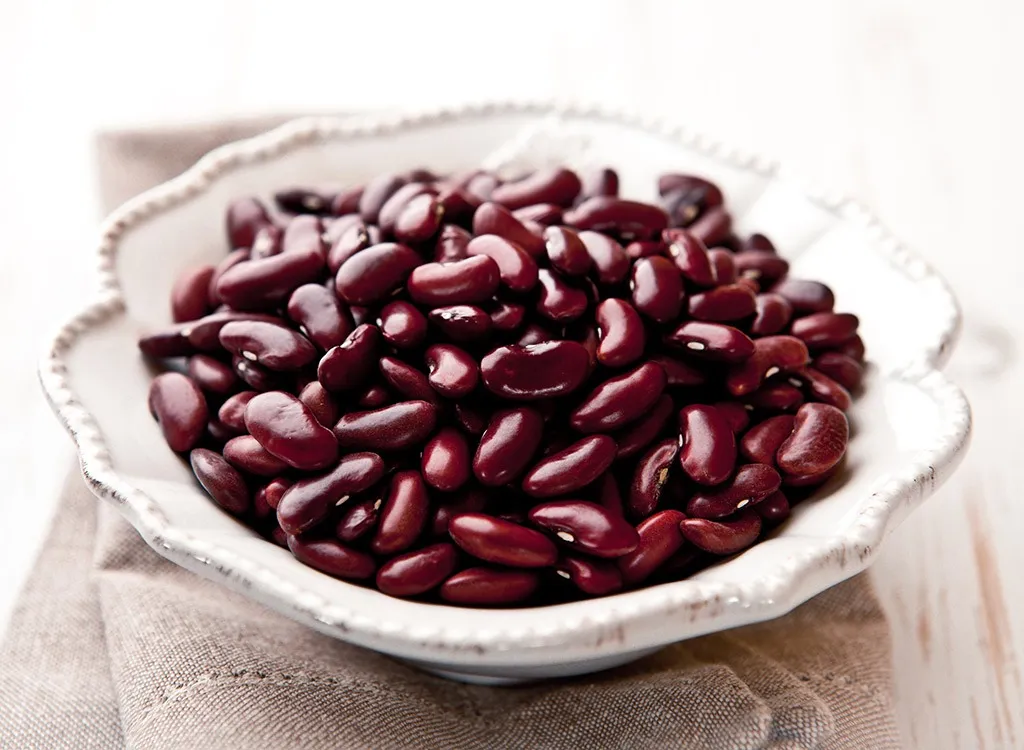
Beans should be an essential item in any health-conscious person’s pantry. And while the canned version can be loaded with extra sodium and other additives, dried beans have none of that unwanted junk yet all of the fiber and nutrients you need. Dried black beans are one of the foods you should eat every day mainly because they’re so full of antioxidant compounds called anthocyanins, which have been shown to improve brain function. And whether you favor black beans or kidneys, favas, limas, or lentils, you’ll be making a good choice since all beans are high in protein and fiber and low in saturated fat and calories.
How To Store Them: Keep your favorite varieties in the pantry at all times, and buy in bulk to save even more money—they last ages when kept sealed and in a cool, dry place.
Lean Meats
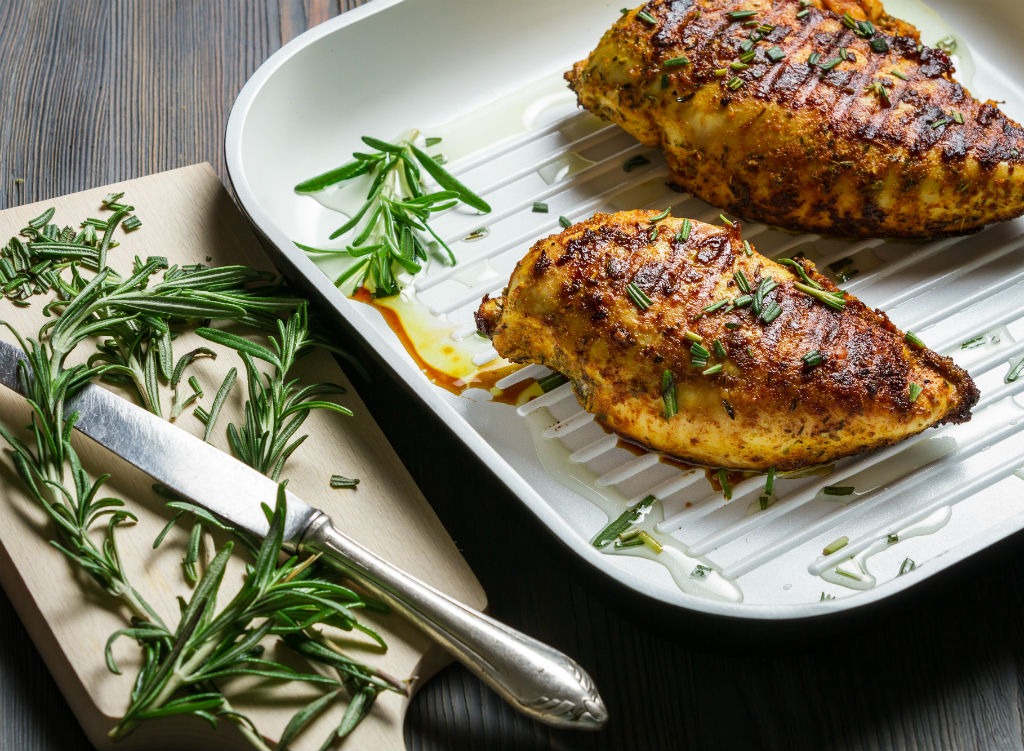
In many markets and butcher shops, certain cuts will go on sale for fantastically low prices—but only if you buy in bulk. Less fatty meat cuts like boneless, skinless chicken breasts are often more expensive than their fattier counterparts like bone-in chicken thighs, so buying these healthier meats in bulk can save you big money.
How To Store Them: Of course, you won’t eat bulk amounts of meat over the course of one or two meals. So, once you purchase, put only the meat you plan to cook immediately (within the next 24-36 hours) into the refrigerator. Everything else should be stored in the freezer. To keep meat fresh and freezer-burn free as long as possible, wrap individual pieces tightly in plastic wrap, then place wrapped portions in plastic bags with a tight seal, like a zippered top.



